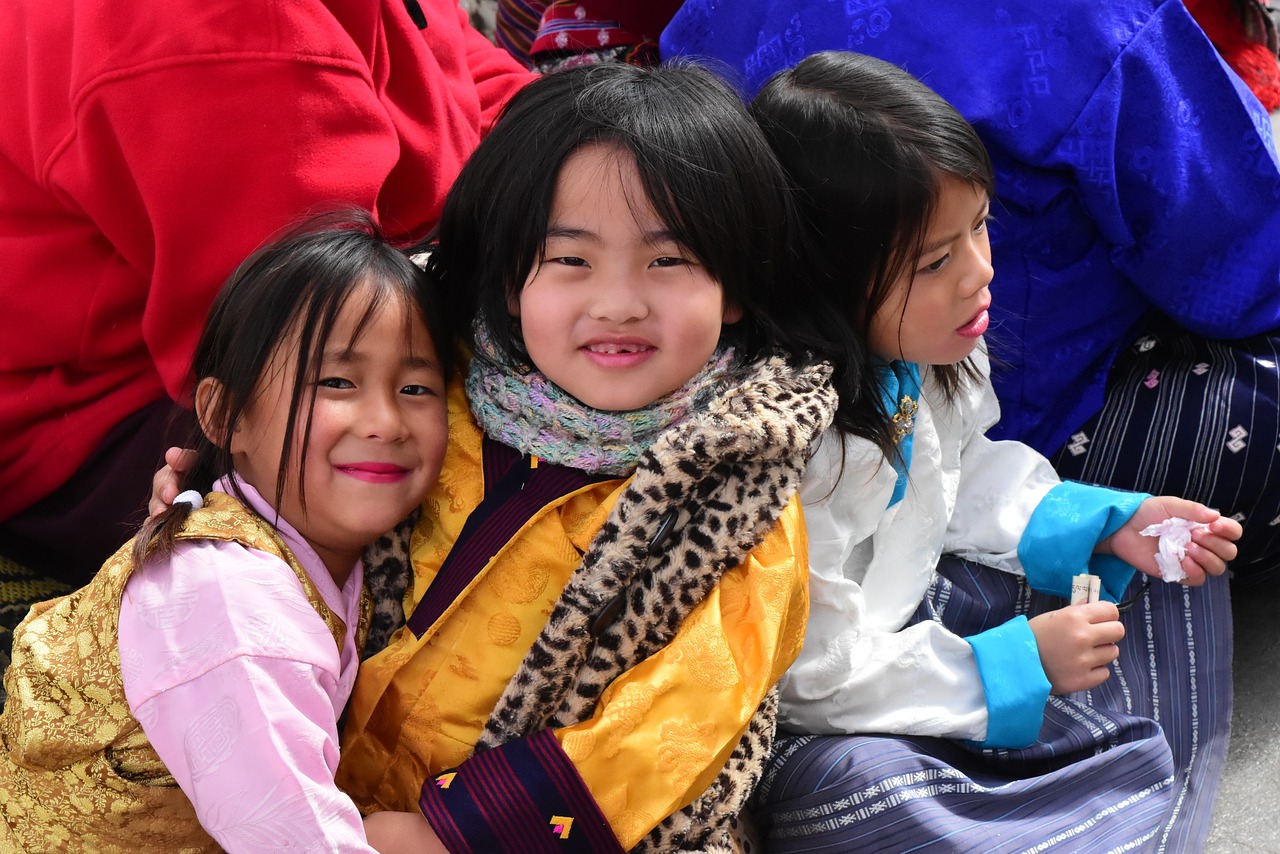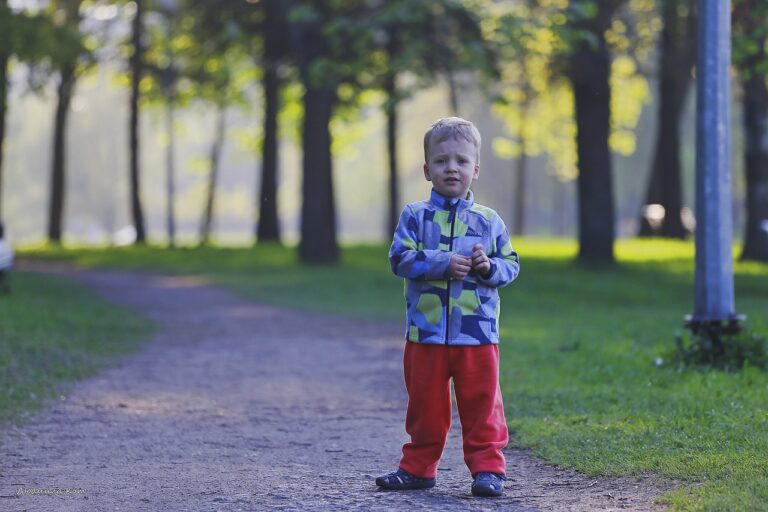The Influence of Virtual Influencers on Festival Marketing: Cricbet99, Sky11 bet, Play lotus365
cricbet99, sky11 bet, play lotus365: In recent years, the rise of virtual influencers has been shaking up the marketing world, and one area where their influence is becoming increasingly prominent is in festival marketing. These digital avatars, created using advanced technology and artificial intelligence, are now being leveraged by brands to connect with audiences in unique and compelling ways. But how exactly are virtual influencers impacting festival marketing, and what are the implications for brands looking to capitalize on this trend? Let’s explore the influence of virtual influencers on festival marketing.
Authentic Engagement: Virtual influencers are not bound by the limitations of human influencers, allowing them to engage with audiences 24/7 without the need for rest or downtime. This means that they can create a consistent and authentic presence at festivals, interacting with attendees, sharing content in real-time, and driving engagement in a way that traditional influencers cannot match.
Unique Experiences: Virtual influencers offer brands the opportunity to create one-of-a-kind experiences for festival-goers. Whether it’s through immersive virtual reality activations, interactive social media campaigns, or personalized experiences tailored to individual attendees, virtual influencers can help brands stand out in a crowded festival landscape and leave a lasting impression on consumers.
Cost-Effective Marketing: Working with virtual influencers can be a cost-effective alternative to traditional influencer marketing, as brands can create and control their virtual ambassadors without the need for ongoing fees or negotiations. This allows brands to invest in creating high-quality content and experiences without breaking the bank, making virtual influencers an attractive option for festival marketing campaigns.
Global Reach: Virtual influencers have the potential to reach a global audience, transcending geographical boundaries and cultural barriers to connect with audiences around the world. For brands looking to expand their reach beyond local markets and tap into the global festival scene, virtual influencers provide a powerful platform for reaching new audiences and driving brand awareness on a global scale.
Innovative Campaigns: Virtual influencers offer brands the opportunity to experiment with new and innovative marketing strategies, pushing the boundaries of traditional marketing practices and exploring the possibilities of technology-driven storytelling. From AI-powered chatbots to virtual meet-and-greets, brands can leverage virtual influencers to create truly innovative and engaging festival campaigns that capture the imagination of consumers.
Measurable Results: One of the key advantages of working with virtual influencers is the ability to track and measure the impact of marketing campaigns with precision. Brands can analyze data in real-time, monitor engagement metrics, and fine-tune their strategies based on actionable insights, allowing them to optimize their festival marketing efforts for maximum impact and ROI.
In conclusion, virtual influencers are revolutionizing festival marketing by offering brands a unique opportunity to engage with audiences in innovative and compelling ways. From authentic engagement and unique experiences to global reach and measurable results, virtual influencers are reshaping the way brands connect with consumers at festivals. As the influence of virtual influencers continues to grow, brands that embrace this trend stand to gain a competitive edge in the fast-paced world of festival marketing.
FAQs:
Q: Are virtual influencers here to stay, or is this just a passing trend?
A: While virtual influencers are still a relatively new phenomenon, their popularity and influence are growing steadily, suggesting that they are here to stay. Brands that embrace virtual influencers now are likely to reap the benefits of this trend in the long term.
Q: How can brands ensure that their virtual influencer campaigns are successful?
A: To ensure the success of virtual influencer campaigns, brands should focus on creating authentic and engaging content, leveraging technology to create unique experiences, and measuring the impact of their campaigns to optimize results.
Q: What are some examples of successful virtual influencer campaigns in the festival marketing space?
A: Brands like Coachella, Lollapalooza, and Tomorrowland have successfully incorporated virtual influencers into their marketing strategies, creating immersive experiences for festival-goers and driving engagement through innovative campaigns.







